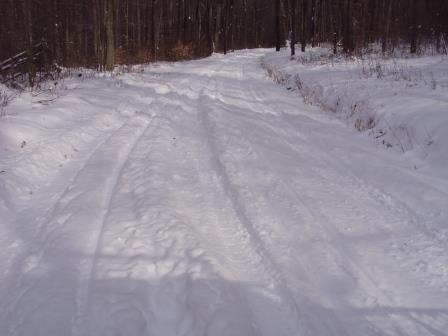Walk through the streets of Kobani, and the devastation wrought by fighting ISIS is immeasurable.
Entire buildings reduced to heap of rubble. A hospital virtually obliterated. Shoes and clothes strewn throughout the debris, their owners nowhere to be found.
After four months of intense fighting, Kurdish Peshmerga forces have liberated the Syrian city from the grip of ISIS.
Their prize: utter devastation.
A crucial city
Kobani has been a coveted prize for ISIS, which has been on a murderous campaign to establish an Islamic state across parts of Syria and Iraq.
The city sits on the border with Turkey and would have given ISIS a complete swath of land between its self-declared capital in Raqqa, Syria, and Turkey.
And while there are many ISIS battlefields in both Syria and Iraq, Kobani is within sight from the Turkish border — which means Western media and the world could see the magnitude of the fighting.
Peshmerga forces wrestling for control of Kobani have received a boost from hundreds of U.S. and coalition airstrikes against ISIS. The strikes have hit terrorist targets, as well as buildings and houses.
Bittersweet homecomings
But after months of fighting ISIS, the Kobani area is now almost unrecognizable.
“They were advancing with heavy weapons, tanks, artillery, mortars, heavy weapons. They attacked us,” said Bozane Shere, who is from a village just south of Kobani. “They attacked us. Then we took our cars and ran away.”
Now, the city is no better than the village he left, he said.
Many civilians fled Kobani for refugee camps in less volatile areas when the fighting first started, but others could not flee — or were forced by circumstance to return.
“My daughter recently died. We brought the (body) here,” one woman said. “We said, we will not bury her in Turkey; we will bury her in Kobani, our own mud is much sweeter than other’s homeland.”
While there is barely anything left in Kobani, it’s still home to people like Shere.
“I said I will not leave my city. I will stay here, and told my sons go wherever you want to go,” he said. “But for me, I will stay here, and I will die on the Syrian land.”



